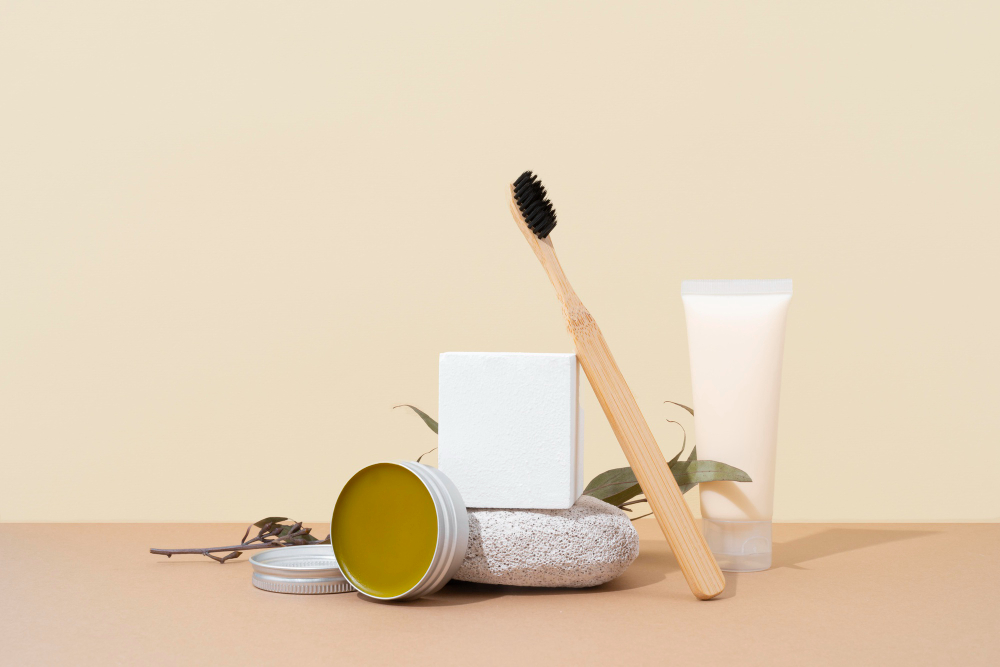In recent years, many people have turned to natural remedies for dental care. Herbal toothpastes and oils are marketed as safer and more effective alternatives to conventional products. But what does science really say about them? Understanding the facts can help you make informed choices for your oral health. Source: CDC
Popular Herbal Toothpastes and Oils
Herbal toothpastes often contain ingredients like neem, clove, miswak, and tea tree oil, while oils like coconut, sesame, and clove oil are used for oil pulling. Advocates claim that these natural products reduce plaque, whiten teeth, and freshen breath without harsh chemicals. However, not all claims are fully supported by scientific evidence. Source: NIH
What Science Shows
Studies suggest that herbal pastes and oils can help maintain oral hygiene to some extent. For example, neem-based toothpastes may reduce plaque and gingivitis. Oil pulling with coconut oil has been shown to slightly decrease harmful bacteria in the mouth. However, these remedies should complement, not replace, brushing with fluoride toothpaste, which is proven to prevent cavities and strengthen enamel. Source: WHO
Common Mythsher
There are several myths surrounding herbal remedies. Some believe that using only herbal toothpastes and oils is enough to prevent cavities, but science shows this is not true. Regular brushing with fluoride toothpaste, flossing, and dental checkups remain the most effective way to prevent tooth decay and gum disease. Understanding these myths helps people use herbal products safely and effectively.
How to Use Herbal Toothpastes and Oils
For best results, consider using herbal pastes and oils as a supplement to regular oral care routines. Brushing twice daily with fluoride toothpaste, flossing, limiting sugary foods, and visiting a dentist regularly ensures optimal dental health while enjoying the potential benefits of natural products. Clinics like Sky Dental can guide patients on safe and effective use of herbal remedies.
Conclusion
In conclusion, herbal toothpastes and oils can support oral hygiene but should not replace proven methods. Scientific evidence supports their moderate benefits, especially for reducing plaque and bacteria. Using them wisely, along with fluoride-based brushing and regular dental care, is the best way to maintain healthy teeth and gums.


